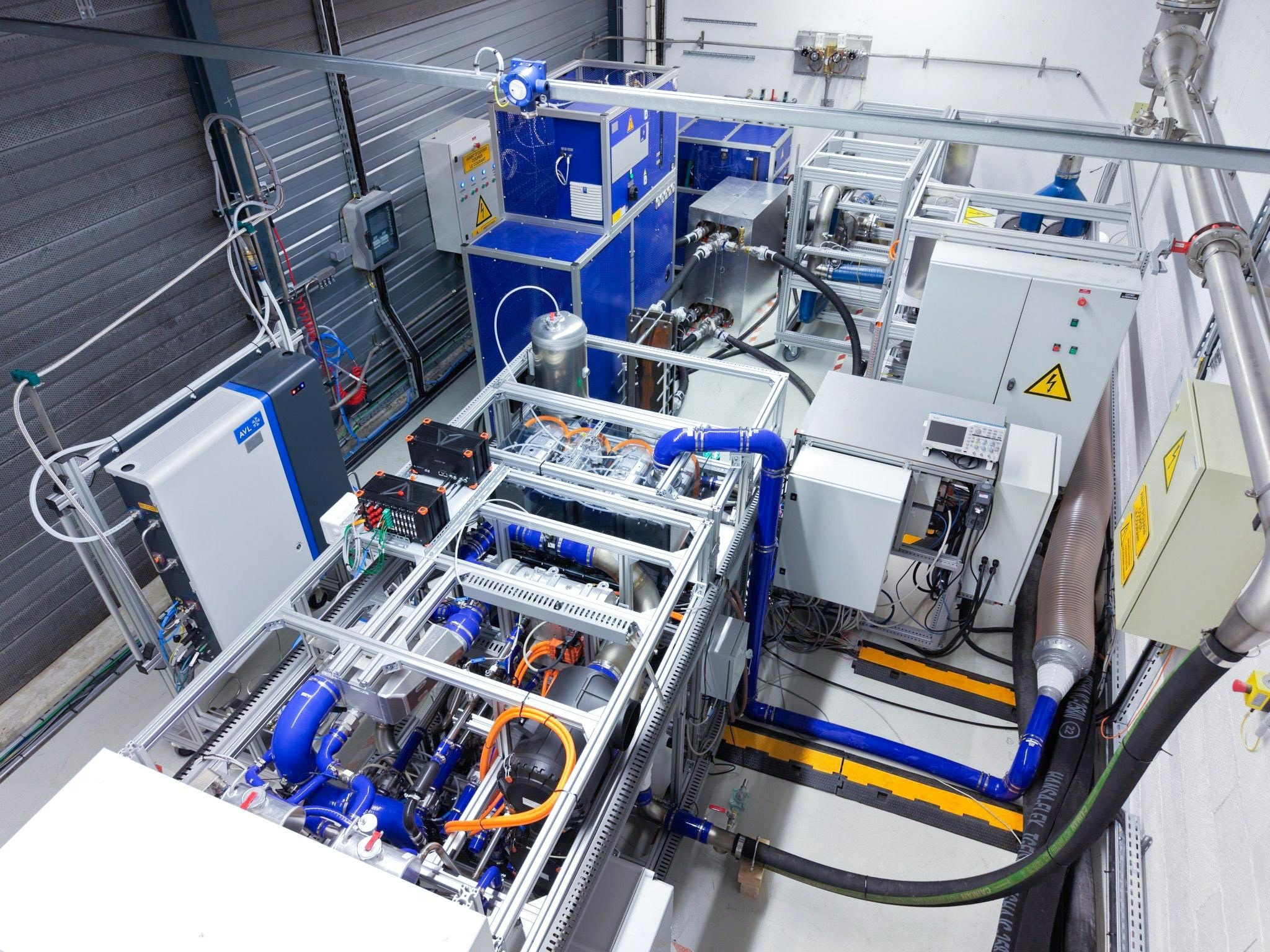AeroGenie — Your Intelligent Copilot.
Trending
Categories
Beyond Aero Tests Hydrogen-Electric Jet Engine

Beyond Aero Advances Hydrogen-Electric Jet Engine to TRL6
Beyond Aero, a Toulouse-based aerospace company, has reached a significant milestone by advancing its hydrogen-electric propulsion system to Technology Readiness Level 6 (TRL6). This achievement marks a crucial step toward certification and commercial deployment of its innovative powertrain. The progress follows an extensive full-scale test campaign conducted at Beyond Aero’s newly established integrated powertrain laboratory in southern France.
Strategic Acquisitions and Collaborative Testing
The TRL6 milestone was supported by Beyond Aero’s strategic acquisition of Universal Hydrogen’s intellectual property, flight test data, and assets, valued at over $90 million. This acquisition included patents, turbocompressors, and engineering expertise, which have been instrumental in enhancing the company’s in-flight validation efforts. The testing campaign involved key industry partners such as EKPO Fuel Cell Technologies, which provided its NM20 fuel cell stack, alongside FEV Aerospace, BrightLoop Converters, AVL, and Dassault Systèmes. Airbus Protect contributed critical certification safety analysis and hazard assessments, underscoring the collaborative nature of the project.
Currently, Beyond Aero is engaged with the European Union Aviation Safety Agency (EASA) through Pre-Application Services (PAC) for its BYA-1 hydrogen-electric business aircraft. Gianluca Mele, EASA program manager, emphasized that this pre-application contract establishes an early and structured regulatory engagement focused on hydrogen propulsion technology.
Progress Amidst Industry Challenges
CEO Eloa Guillotin attributed the TRL6 success to “18 months of relentless teamwork,” highlighting that the test campaign positions Beyond Aero’s six-passenger aircraft, capable of flying 800 nautical miles, on course for market entry. Despite this advancement, the hydrogen-electric aviation sector continues to face significant challenges. The high costs and complexity associated with hydrogen fuel infrastructure remain potential barriers to rapid market adoption, prompting cautious optimism among industry stakeholders.
Competitors are also advancing in this emerging field. For instance, Blue Spirit Aero is developing its own hydrogen-powered light aircraft targeting similar market segments, reflecting growing momentum across the industry. While hydrogen propulsion holds promise to transform aviation, widespread adoption will depend on overcoming both technical and infrastructural obstacles. Beyond Aero’s recent achievement, however, signals a notable step forward in the pursuit of sustainable, hydrogen-powered flight.

Emirates Unveils Cabin Design for New Boeing 777X

Eighteen Years On, the Airbus A380 Remains Central to a $34 Billion Airline

How a boom in luxury airline seats is slowing down jet deliveries

Navitaire Outage Attributed to Planned Maintenance

DigiYatra Debuts Outside Aviation at India AI Impact Summit

Vietnam Orders Strengthen Boeing’s Commercial Outlook

Airbus Signals Uncertainty Over Future A400M Orders

JobsOhio Awards $2 Million Grant to Hartzell Propeller for Innovation Center

Collins Aerospace Tests Sidekick Autonomy Software on YFQ-42A for U.S. Air Force CCA Program

How the Airbus A350-1000 Compares to the Boeing 777
